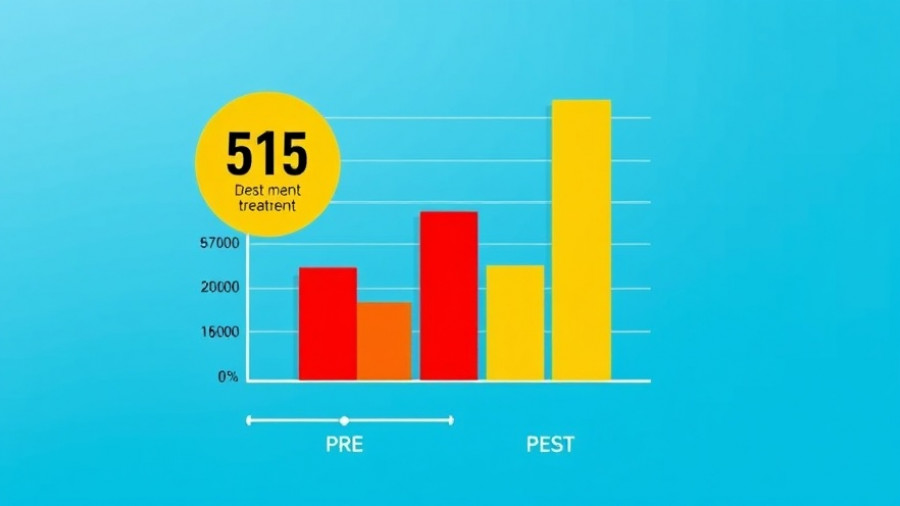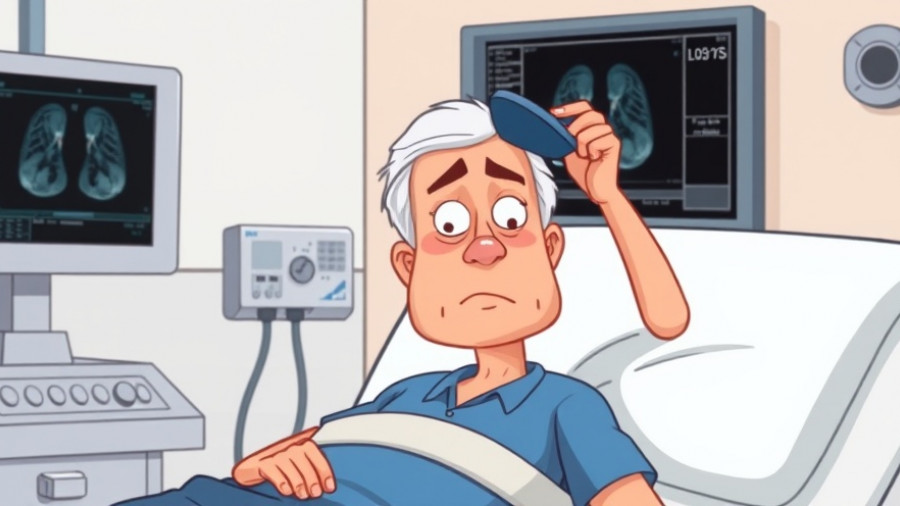
Center for Addiction Recovery Support: A Beacon of Hope
On January 14, 2025, a significant development in the realm of addiction recovery was announced: the launch of the Center for Addiction Recovery Support (CARS), initiated by the Substance Abuse and Mental Health Services Administration (SAMHSA) in collaboration with the One World Recovery Network (OWRN). This initiative aims to empower organizations to better assist individuals and families navigating the complex journey of recovery from substance abuse and related mental health challenges. As parents concerned about their children's well-being, understanding CARS's mission can offer critical insights into the support systems available to help your loved ones thrive.
What CARS Means for Families
The CARS program not only recognizes the importance of recovery resources but emphasizes that these resources should be shaped by the experiences of those who have lived through addiction. The emphasis on shared experiences among families and individuals who have faced mental health issues is essential. As a parent, you may wonder how this connects to your child's future. CARS intends to equip families with the knowledge and tools needed to foster an environment that nurtures recovery. This understanding can lessen feelings of isolation and helplessness, offering reassurance that help is available, tailored to the unique needs of your family.
Historical Context: The Journey to Recovery Support
To appreciate the importance of CARS, it's vital to consider its historical backdrop. Since the Office of Recovery's establishment in 2021, efforts have been ongoing to improve recovery support across the nation. These initiatives are grounded in research and the shared testimonials of families who have faced addiction. Reflecting on the past can shed light on how far we've come—this program marks a comprehensive approach to connecting personal experiences with systemic support.
Making Recovery Accessible: The Role of Technical Assistance
CARS aims to provide essential training and technical assistance (TTA) that directly responds to the needs identified by recovery partners on the ground. This TTA will cover various dimensions of recovery, from housing solutions to peer certification programs. For parents, this means access to clearer pathways and support networks tailored to meet children's and teens' specific needs. Building a foundation of knowledge fosters confidence and resilience in coping with addiction.
Hope for the Future: Predictions and Opportunities
The launch of CARS signals a hopeful future for recovery efforts. Over the next five years, the program will establish and strengthen support systems, focusing on critical areas like collegiate recovery and recovery research. For families, this means that improved systems could lead to early interventions and more robust support, reducing the likelihood of ongoing struggles with addiction. As evidenced in [research findings](https://www.samhsa.gov), communities that prioritize recovery access can significantly alter the trajectory for addiction outcomes.
Addressing Misconceptions: Understanding Addiction and Recovery
For many parents, misunderstandings about addiction can create barriers to effectively supporting their loved ones. It’s commonly believed that addiction is solely a matter of willpower or that individuals should be able to “just stop.” This perspective can stigmatize those who struggle. By educating ourselves about CARS and other recovery initiatives, we can foster a culture of empathy and support within our communities.
Empower Yourself with Information
Being informed about recovery resources such as CARS equips parents with the tools necessary to navigate conversations about addiction. Whether your child is struggling or you are seeking resources for a friend, understanding the available support opens avenues for recovery. Empowerment through knowledge is key. As families, you are not alone, and resources now align better than ever to provide the help needed.
Emotional Connections: Stories of Resilience
Behind every statistic, there are numerous stories of hope and perseverance. The CARS initiative honors these narratives by ensuring that individuals and families are at the forefront of the support model. By sharing stories, people feel connected and are reminded of the potential for recovery. Inspirational quotes from those who have overcome addiction resonate universally, reinforcing that recovery is achievable.
The Call to Action: Together We Can Foster Recovery
As parents, staying informed and advocating for innovative programs like CARS helps strengthen addiction recovery resources within your community. Your involvement can initiate conversations that encourage support and understanding and contribute to creating a society where seeking help is not just welcomed but celebrated.
 Add Row
Add Row  Add
Add 




Write A Comment